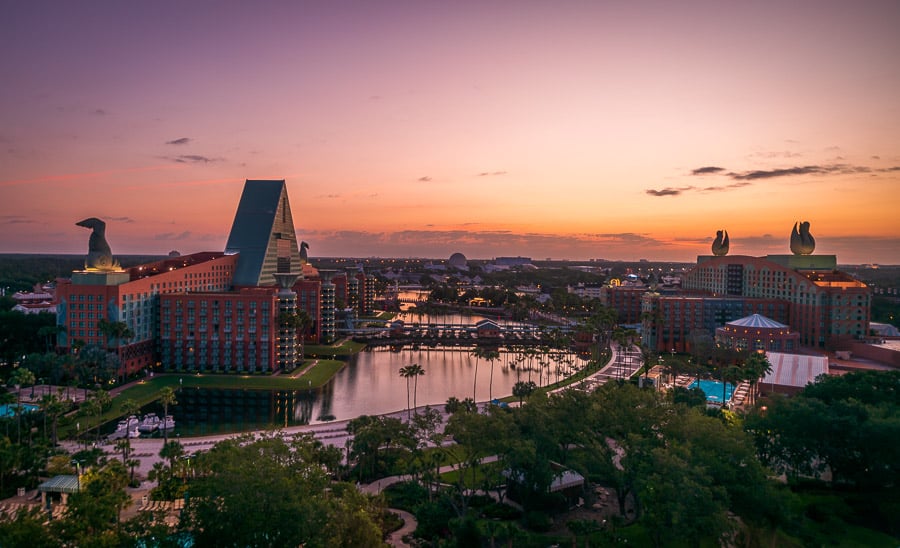
Resort fees are a scourge at hotels in Orlando and Anaheim near Walt Disney World and Disneyland. These surcharges range from $5/night to over $40, and are hidden so consumers don’t see them when comparison shopping. This post covers why they’re anti-competitive, how “junk fees” might be addressed, and more. (Updated February 8, 2023.)
There are currently over 100 hotels in Orlando and approximately 50 in Orange County, California that charge resort fees. To their credit, Walt Disney World and Disneyland do not charge resort fees. And they probably won’t anytime soon. While there were fears they’d follow the trend a few years ago, Walt Disney World rolled back its resort parking fee in early 2023.
The purpose of this post is to educate consumers about resort fees and other nickel & diming practices of the travel industry, and other advice on offering said pushback. Fortunately, there are ways to “fight back” against resort fees, and that’s what we’ll help you do here. The other good news is that consumers have more leverage than ever to do battle against these anti-consumer practices, and that there’s currently legislation to combat “junk fees” in the hospitality and other industries…
February 8, 2023 Update: Let’s start with the latest development, which comes courtesy of President Biden’s State of the Union address. During that, he spent time discussing the Junk Fees Prevention Act, which is aimed at reducing or eliminating hidden fees and surcharges in travel and other industries.
Biden called on Congress to pass the Junk Fees Prevention Act, which has gained momentum in the last couple of months due to a series of high-profile airline debacles this winter. The proposed legislation would curtail companies charging resort fees at hotels, service fees at concerts and sporting events, seat charges on airlines, and other excess added costs.
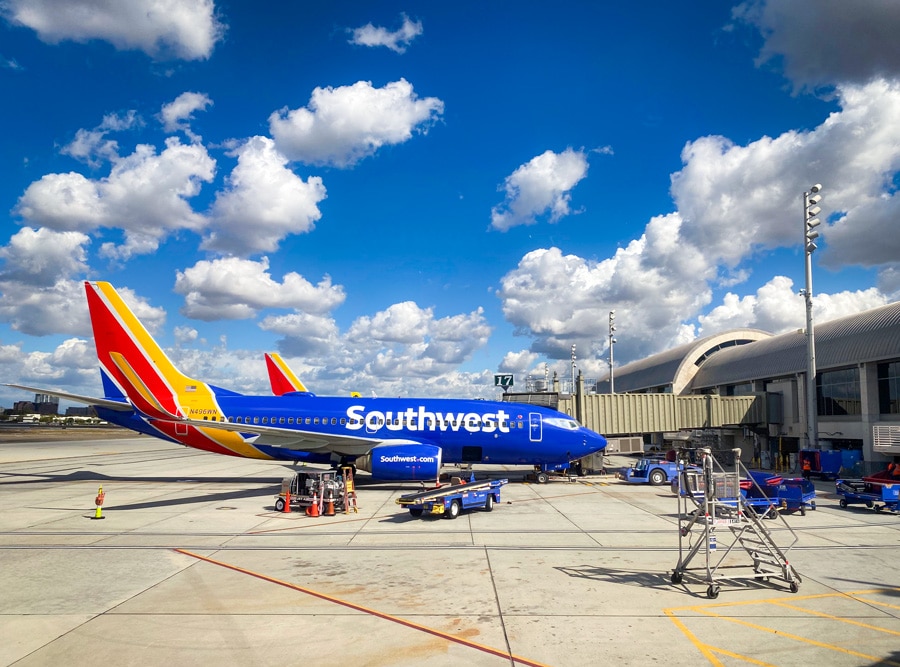
“We’re making airlines show you the full ticket price upfront and refund your money if your flight is canceled or delayed,” Biden continued. “Baggage fees are bad enough…they can’t just treat your child like a piece of luggage. Americans are tired of being played for suckers. Pass the Junk Fees Prevention Act so companies stop ripping us off.”
“We’ll ban surprise ‘resort fees’ that hotels tack on to your bill. These fees can cost you up to $90 a night…at hotels that aren’t even resorts,” Biden said to bipartisan chuckles and applause. The response to this is probably key to the legislation’s potential success. While the State of the Union has its share of theatrics and partisanship, members of Congress on both sides of the aisle approved of this message. And for good reason–these fees are wildly unpopular with Americans and the aforementioned airline incidents as well as woes with TicketMaster have shined a spotlight on this anticompetitive behavior.
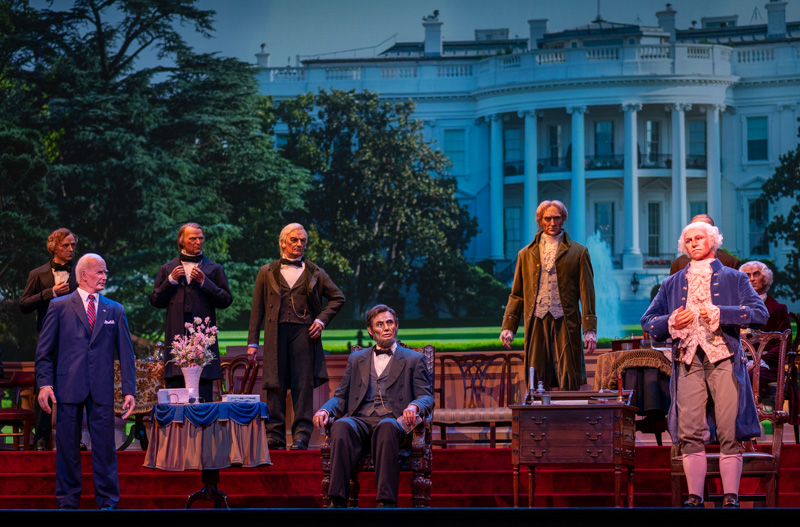
Last year, the White House released background information on its initiative against these junk fees, which they assert harms free markets. “These fees can also create an uneven playing field for businesses, making firms that price in a fair and transparent manner seem more expensive than their rivals,” the White House said.
This is because certain sellers publish a low price and then add mandatory fees later, at the back-end of the buying process. As the research shows, by concealing the full price, this practice can lead consumers to pay more than they would otherwise, and it also makes it hard for consumers to comparison shop. As we discuss below, booking hotels on travel aggregator sites are a perfect example of this. With the Junk Fees Prevention Act seemingly having support on both sides of the aisle, perhaps 2023 will finally be the year that resort fees become a thing of the past.
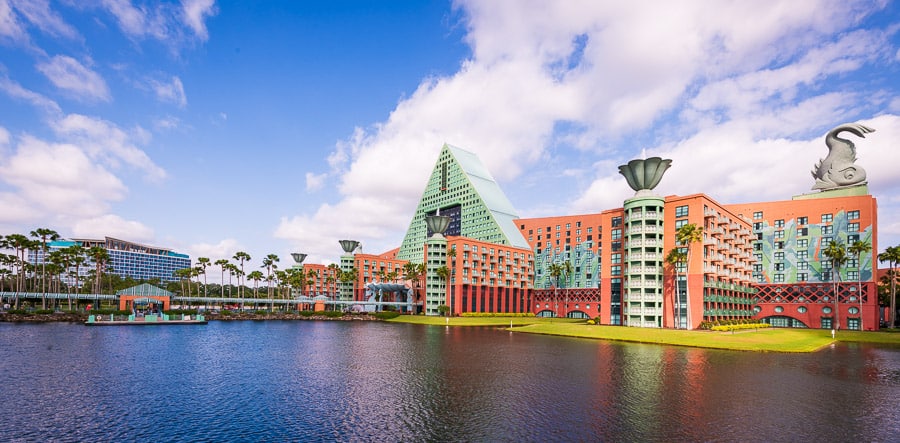
For our part, we’ve been “fighting back” against resort fees for about a decade. We occasionally have the chance to meet with hotel managers and operators to discuss their properties. If they charge a resort fee, I always ask why. The explanations typically range from ‘to show consumers we offer more amenities’ or ‘so our pricing is fair as compared to other hotels that don’t have these services.’ I’m not satisfied with these B.S. answers, so I push further. The underlying rationale seems to be because everyone else is doing it.
That attitude is why I believe this post–a departure from the typical tone and substance of our content here–is appropriate and significant. Tourists heading to Walt Disney World and Disneyland are being fleeced by third party hoteliers, including several that are on-site in the Disney Springs, Bonnet Creek, and Crescent Lake Resort Areas. More importantly, there’s something we can do about it.

Those in the hotel industry like to explain away resort fees by comparing them to baggage and other fees charged by the airline industry. While most consumers also don’t like the nickel and diming that has become standard M.O. among the airlines, that’s immaterial, because resort fees are different.
We’re far from fans of baggage fees that the airlines charge, but they are nonetheless not the same as resort fees. The critical distinction is that to avoid baggage fees, you can travel light. Along these lines, parking fees also aren’t quite the same, as you can also avoid that fee by not driving. (Both easier said than done, but that’s slightly beside the point.) There is literally no way to avoid resort fees. Everyone must pay them.

There’s no way to opt-out if you sign a pledge to not use the pool, read a newspaper, or make a cup of coffee. Since the fee is non-optional, literally every guest is paying it, just as every guest is paying the base rate. So there’s no logical argument that can be made to separate the two.
Resort fees aren’t being charged because hotels have elected to go above and beyond in offering a particularly robust slate of resort amenities like a complimentary Porsche to use while at the hotel or an in-room Smurf providing personalized concierge recommendations. (One of those is an actual amenity at a real hotel…sadly, it’s not the latter.) To the contrary, resort fees often have little to do with the amenities offered, and such fees are charged just as often at motels as they are actual resorts. (This motel even charges one. Yeah.)
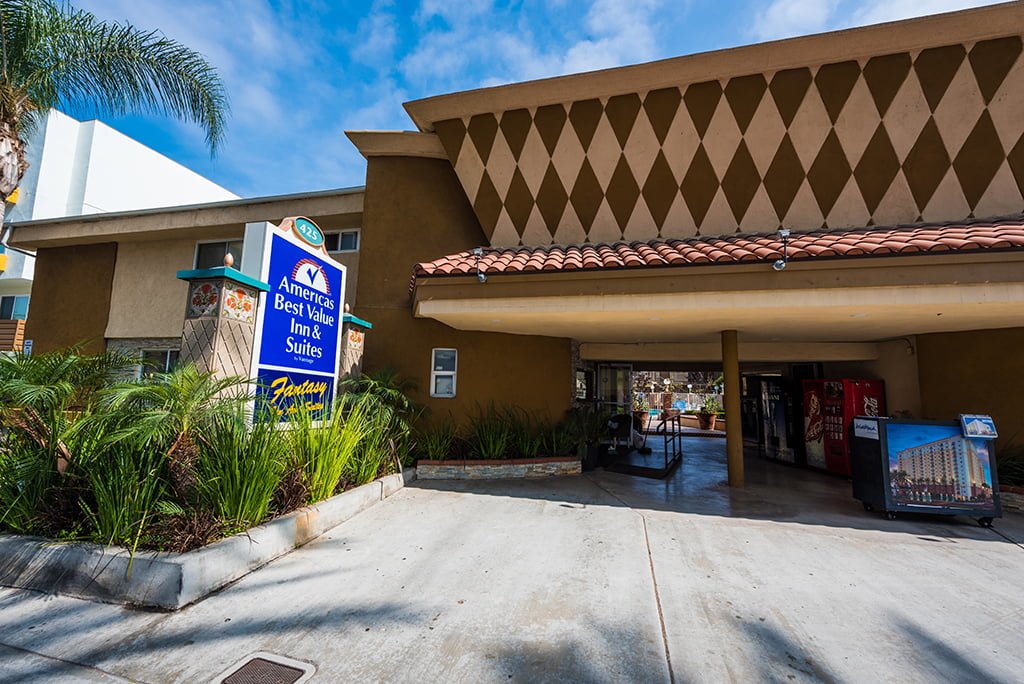
The real reason hotels charge resort fees is because they make it more difficult for potential guests to ascertain the actual nightly rate. This is particularly true in the era of online booking engines like Expedia and its ilk. Booking engines typically do not show resort fees on the search results page, and only thereafter display them as an asterisk item that there is a fee that isn’t collected by the booking site.
Many travelers never see this fine print, and only learn of the added fee when they arrive at the hotel, by which time it’s typically too late to do anything about it besides grumble a bit, and pay it. Other travelers who see the fees before arrival do so after they’ve already clicked through to start the booking process, making them statistically more like to “convert.” This increased conversion rate metric in turn helps the hotel justify charging a resort fee. In short, hiding the fees is an effective way for hotels to increase bookings.
Per the FTC, fewer than 6% of all hotels in the United States charge resort fees (the percentage is exponentially higher in Florida), fees and surcharges are an incredibly lucrative revenue stream for hotels. According to Consumer Reports, the hotel industry collects roughly $3 billion in resort fee revenue per year. This is a pretty substantial number, and even shocking when considering that the amount has nearly tripled from $1.2 billion in 2004.
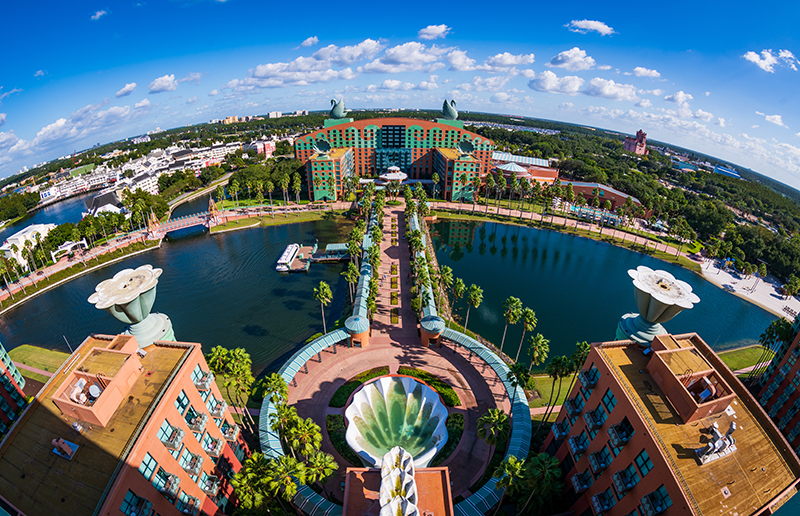
Resort fees are effective because they enable hotels to keep their advertised prices low to lure travel planners into the booking process with these cheaper base rates. Only later in the process do guests learn that what they will ultimately pay per night is significantly higher than the advertised rate thanks to the hidden fees.
This practice isn’t just irritating for bargain-hunting tourists. The FTC has called it a “deceptive and unfair trade practice,” and is finally starting to get serious about regulating resort fees. This doesn’t actually mean anything will happen. The FTC is a fairly toothless agency that is big on talk and light on action. The FTC sent a Warning Letter to 22 hoteliers, rebuffing them for the way their resort fees displayed. Nothing changed.
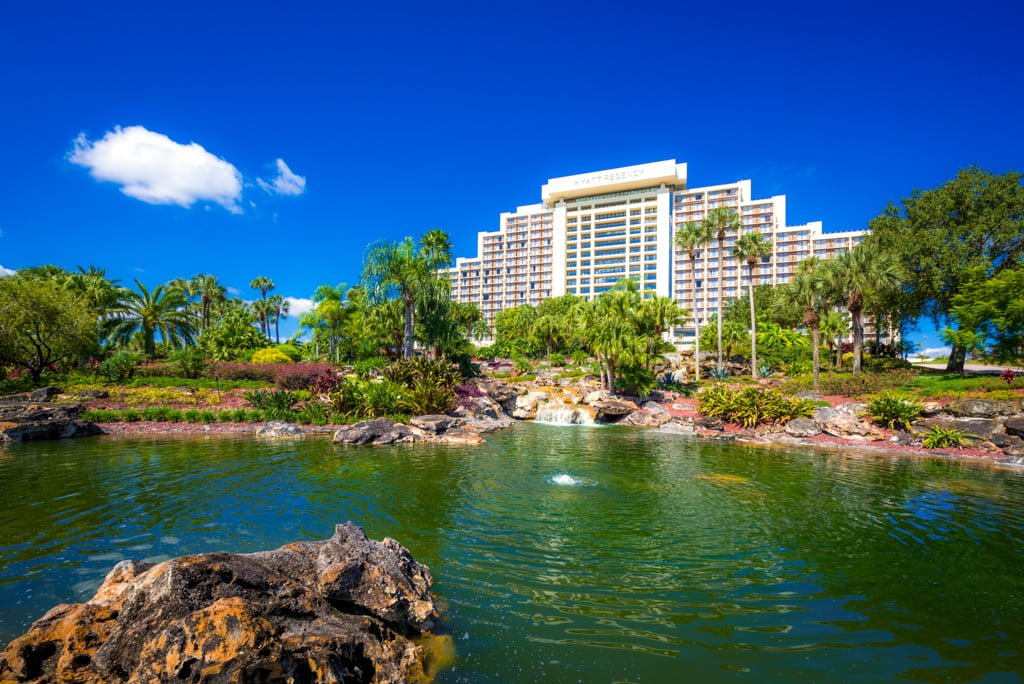
More recently, the District of Columbia attorney general filed a lawsuit against Marriott, accusing the hotel giant of deceptive fee practices. The suit accuses Marriott of employing “an unlawful trade practice called ‘drip pricing’ in advertising its hotel rooms, whereby Marriott initially hides a portion of a hotel room’s daily rate from consumers.” This is commonly labeled as a resort fee. Per the suit, Marriott has “reaped hundreds of millions of dollars over the past decade from this deceptive drip pricing.”
This lawsuit has garnered serious public attention, and was borne out of an ongoing investigation conducted by the attorneys general of all 50 states and the District of Columbia into the industry-wide practice of charging mandatory resort fees. While the lawsuit does not seek to outlaw resort fees, it challenges how they’re displayed. Moreover, the public outcry following this suit means a legislative solution is likely–and that’s where the practice of charging non-optional resort fees could be deemed illegal and, ultimately, killed.
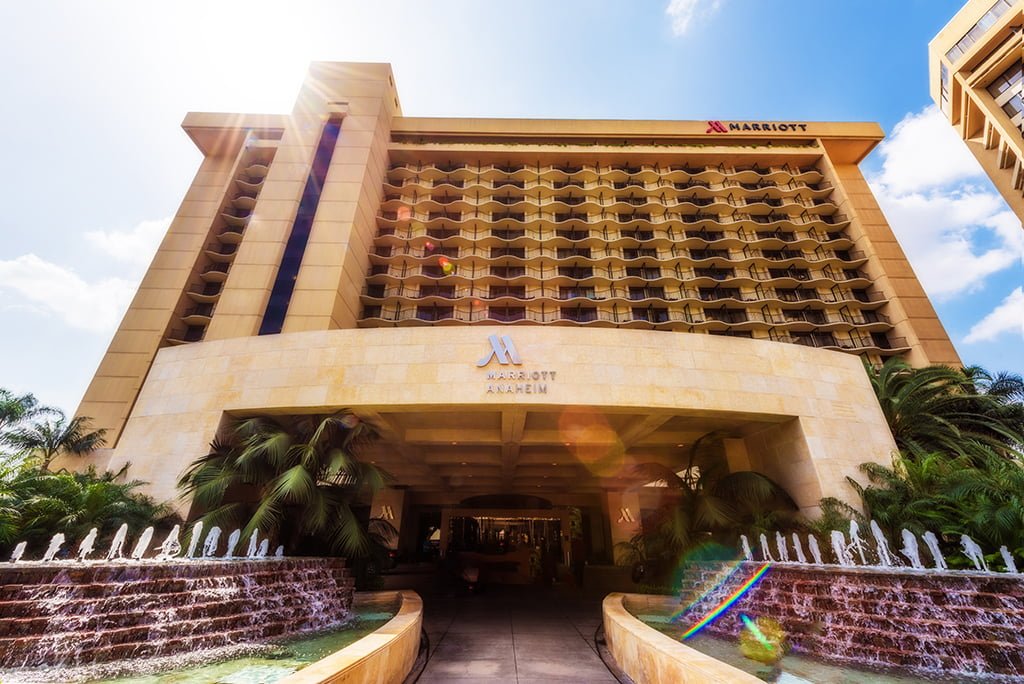
We live in an age of slactivism, where hashtag warriors fight the big issues of our day with angry tweets and modified profile pictures. However, this is one situation where the internet can actually empower people to impact change.
Every time I encounter a resort fee in a hotel I review, I belabor the point that these are consumer-unfriendly and hotel chains have been warned about them in the past by the FTC. This is to the point where it’s probably become tiresome for regular readers, but it’s my way of “fighting back” in a small way. Now, I’d encourage you to fight back in a way that actually could lead to positive change. Here’s how…
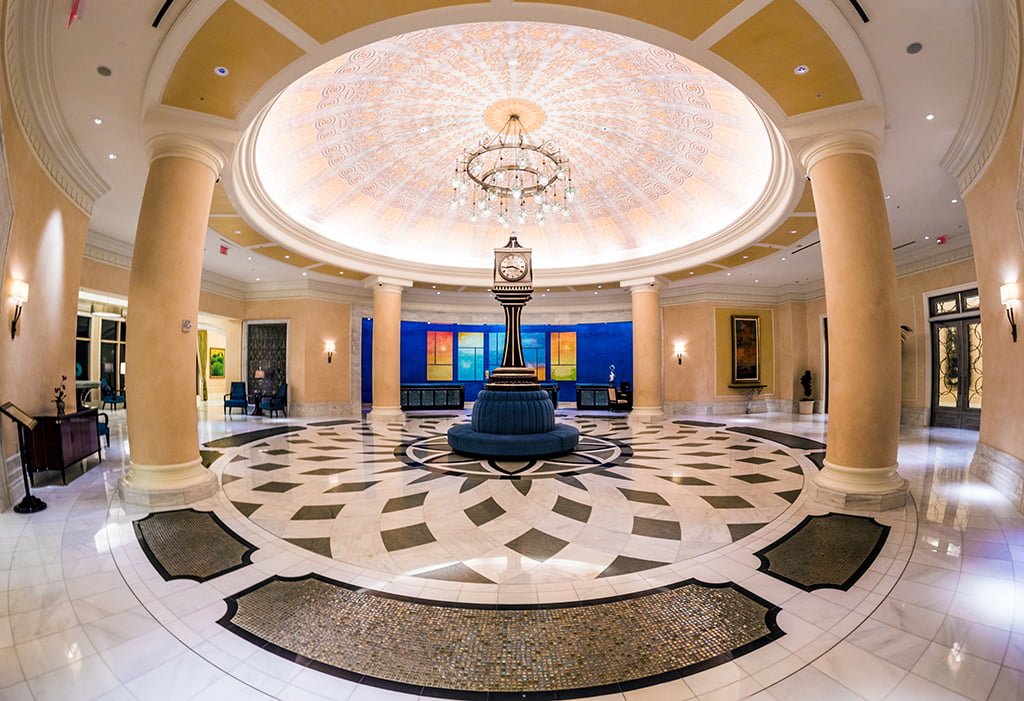
In terms of marketing, nothing matters more to hotels than their TripAdvisor ranking. Being in the top 10 or on the first page on TripAdvisor for a specific city is huge, and each higher numerical rung is statistically significant in terms of consumer interest, occupancy rate, and competitive equilibrium pricing. There are even TripAdvisor “Reputation Management” Specialists (and software) who consult hotel brands on how to shape their reputation on TripAdvisor.
The simple way to fight back is to review hotels on TripAdvisor, deduct a star (or however much you feel appropriate) for a hotel at which you stayed charging a resort fee, and indicate as much in your review. I would caution against leaving a 1-star review to “balance the scales,” but I don’t think it’s unfair to rate a hotel that was otherwise 4-stars in your mind as 3-stars on TripAdvisor due to the resort fee. For me, it’s certainly star-worthy.

This will not only impact the overall score of the hotel, giving its managers pause about the negative side of their bonus revenue stream, but will bring resort fees to the attention of other potential guests. Someone reading TripAdvisor who may not have been aware of a resort fee will have reason to delve a little deeper, instead of being surprised by a significant additional charge upon check-in.
All it takes is 3 negative reviews for the average TripAdvisor user to rule out using a particular hotel, so it is possible for anyone to fight back against resort fees. Your voices can matter–use them to send the message to hoteliers.
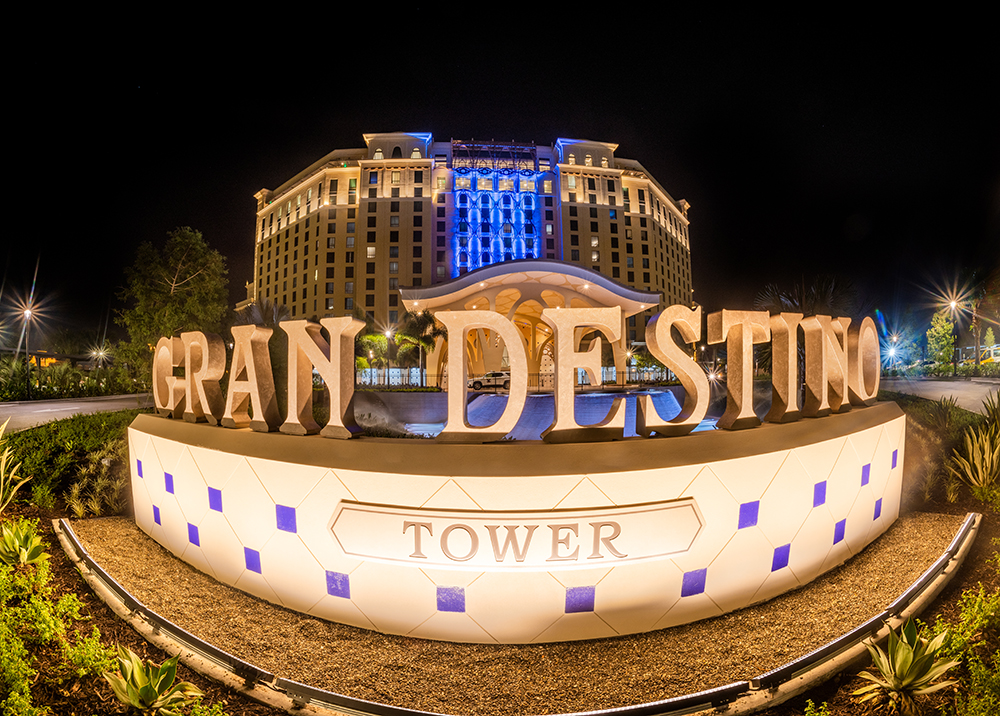
There’s even more you can do. We regularly receive surveys from hoteliers with whom we book and do not book reservations, often in an attempt to lure back customers. When responding, we always bring up resort fees and other practices we view as nickel & diming.
We would strongly encourage you to do the same, using this as an opportunity to voice your displeasure about how the travel industry has attempted to fleece guests in the name of wringing out additional profits. In large part, this has worked for the last decade, as business has been booming and demand was at all-time highs. With an economic downturn or potential recession on the horizon, it’s going to be a very different environment–one where consumers have much more strength. Hotels, airlines, and theme parks will need to do more to compete for the business of guests. We’d strongly encourage you to use your voice to shape their policies going forward. Enough is enough.
If you’re planning on visiting Disneyland or Walt Disney World, we have a comprehensive Disneyland Vacation Planning Guide as well as a thorough Walt Disney World Planning Guide. For Disney updates, discount information, a free download of our Money-Saving Tips for Walt Disney World eBook, and much more, sign up for our free monthly newsletter!
Your Thoughts
What do you think of resort fees? Optimistic that 2023 will be the year that the Junk Fees Prevention Act is passed, ending this anti-competitive practice? Do these tacked-on charges bother you as a consumer, or is this much ado about nothing? Have you stayed in a hotel that charges a resort fee? What did you think of it? Any other thoughts or questions? We love hearing from readers, so please share any other thoughts or questions you have in the comments below!





